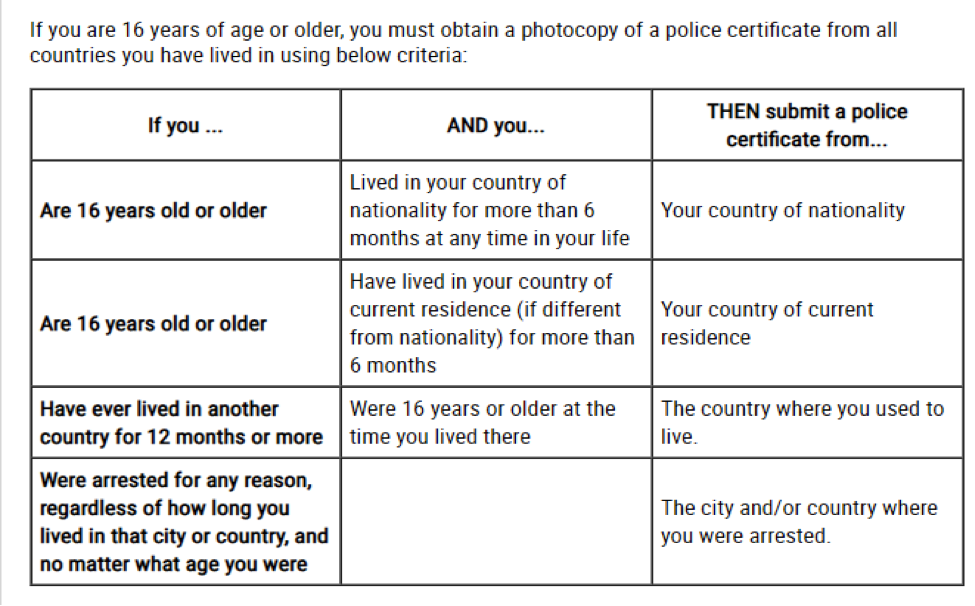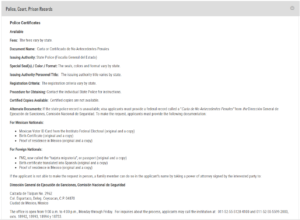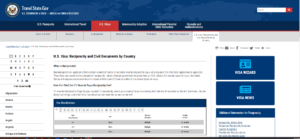What is a police clearance certificate?
A police clearance certificate an official document from law enforcement that states police have ever arrested you. If police have arrested you, the document will list the reasons for the arrests and the outcome. “Outcome” means whether you had to go to court and whether you have a conviction for your actions.
The police certificate does NOT come from the U.S. Instead, a foreign country issues it so immigration knows your criminal history abroad.
Who needs a NVC police certificate?
All immigrant visa applicants over 16 years have to send a police clearance certificate letter to the NVC. You’ll have to send one from each of the following countries:
- Your country of nationality, if you were there for at least six months at any time.
- Your country of residence, if different than your country of nationality and you were there for at least six months.
- Any country, if you were there for at least 12 months and were at least 16 years old at the time.
Here is the official chart from the NVC Police Certificate:

There are of course many other documents to send along with your immigrant visa application.

How to get a NVC police certificate
How you obtain a police certificate, depends on the country where you are requesting it. Each country is different.
However, we can guide how to find the information. Essentially, there are two steps:
Step 1: Go to the Department of State Reciprocity Table
The U.S. Department of State has a special website called the Reciprocity Table. The webpage provides information on the documents required for every country around the world. This includes a police clearance document. The homepage of the table will look like the picture below. Use the letters on the sidebar to find the country you are looking for and click on the country where you need to obtain the police certificate.
Step 2: Click on “Police, Court, Prison Records”
Once you’ve found the country you’re looking for, scroll down to where it says “Police, Court or Prison Records.” Click on the “+” symbol and it will expand the section. In the section, you will find the instructions you need to obtain the police clearance certificate!

Step 3: Read under the dropdown “Police, Court, Prison Records”
Once you press the “+”, the page will offer an explanation of how to get the certificate including the following information:
- Police Certificates (Note, some countries don’t provide police certificates)
- Fees:
- Document Name:
- Issuing Authority:
- Special Seal(s) / Color / Format:
- Issuing Authority Personnel Title:
- Registration Criteria:
- Procedure for Obtaining:
- Certified Copies Available:
- Alternate Documents:
Here is an example from Mexico:

Why the NVC needs a police certificate?
When someone wants to live in the U.S. permanently, he must prove he did not engage in illegal conduct that makes him ineligible for a green card. Thus, if police have arrested a visa applicant, then the NVC wants to know about it.
The NVC and consular officers are unable to accept the Applicant’s word that she or she has never been arrested or convicted of a crime. That is why a police certificate is requested from most every Applicant.




